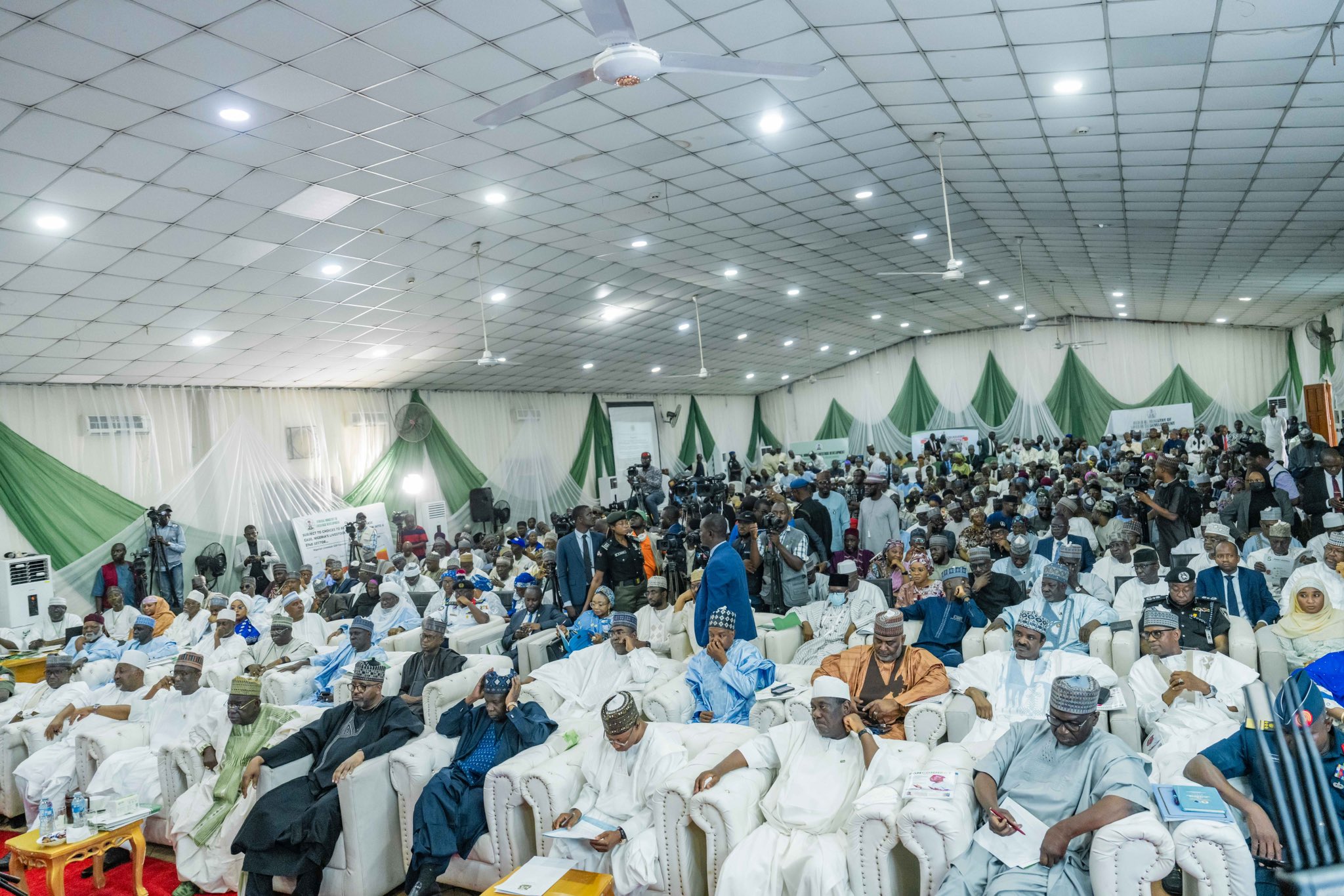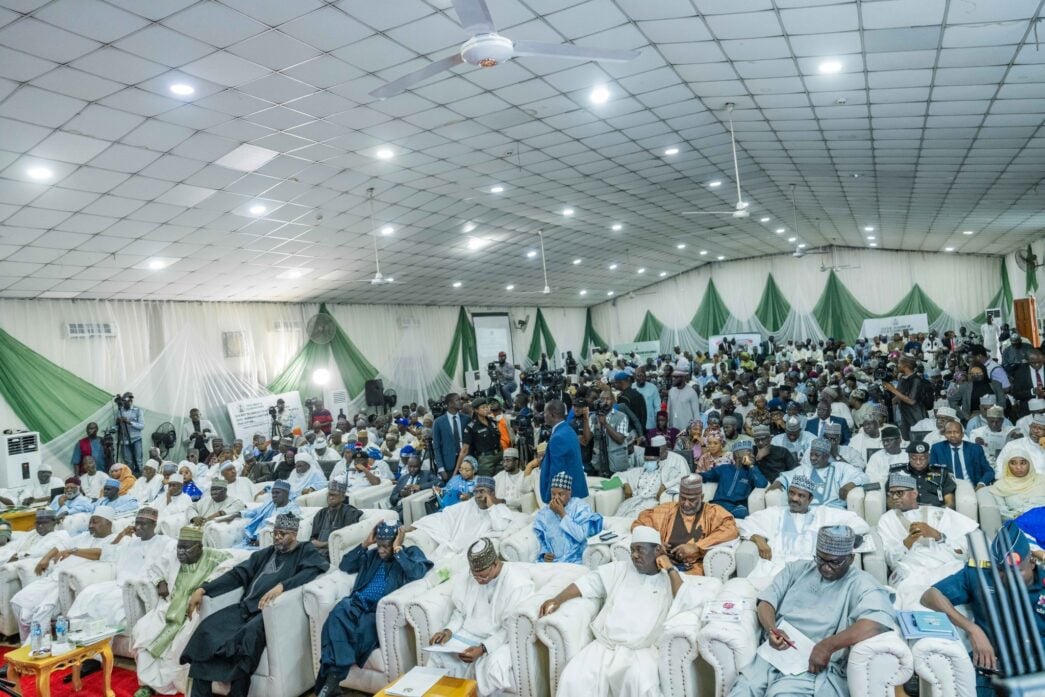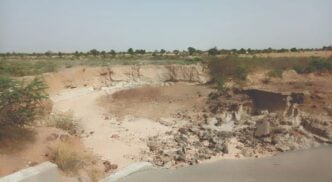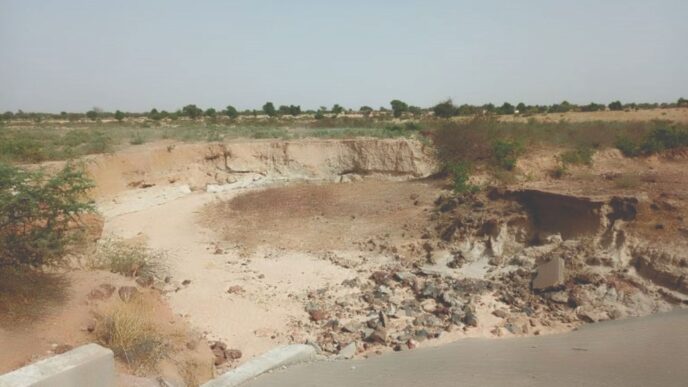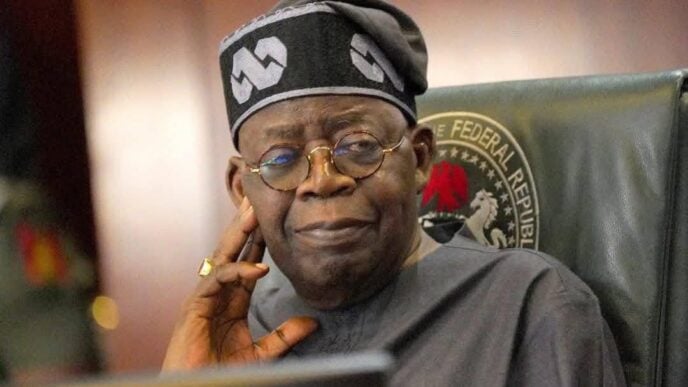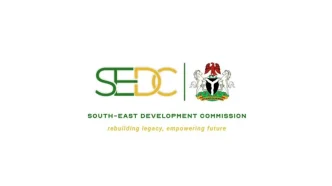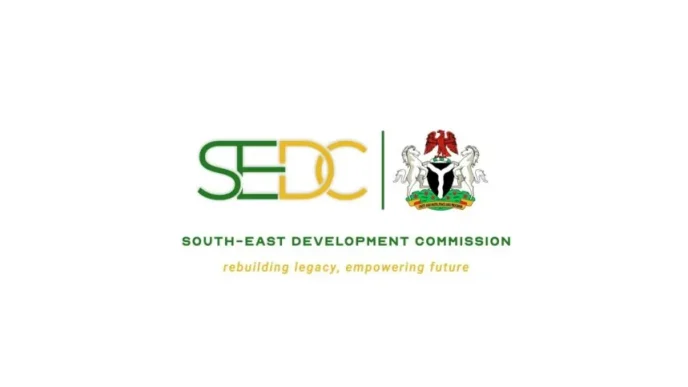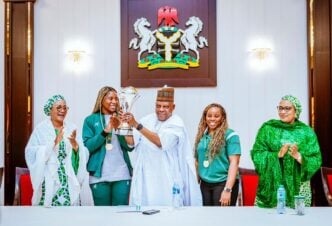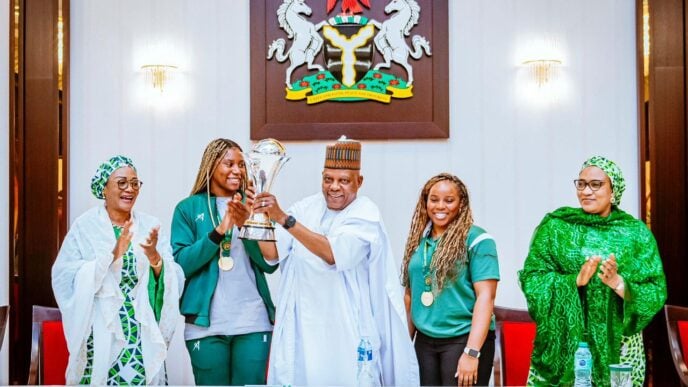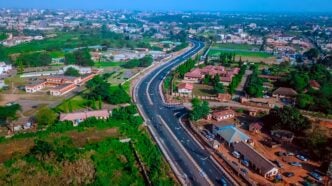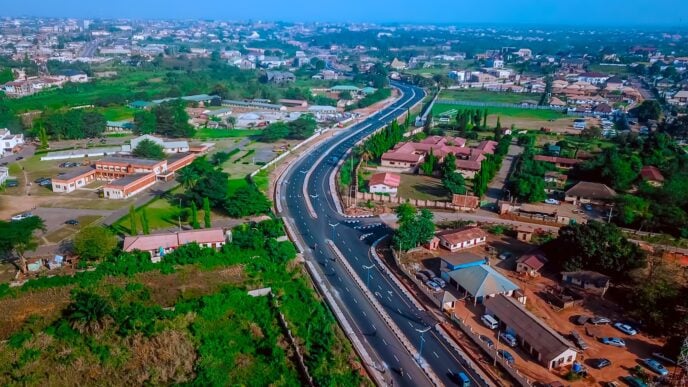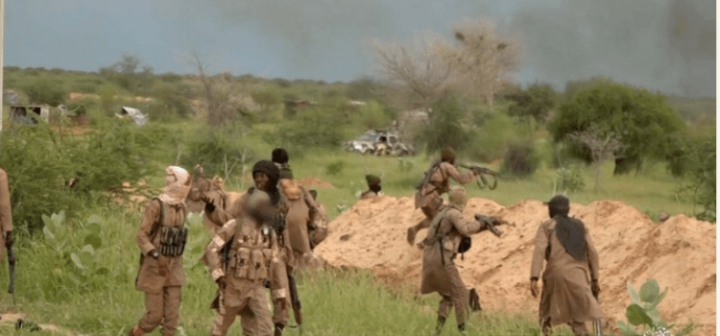In a time when governance is often defined by top-down rhetoric and policy declarations, the Sir Ahmadu Bello Memorial Foundation rekindled a powerful tradition of bottom-up accountability with its recently concluded two-day citizen engagement held from July 29 to 30, 2025, at the iconic Arewa House in Kaduna. I had the privilege of being part of this timely and historic dialogue, an experience that left me reflective, hopeful, and deeply challenged.
This wasn’t just another conference or ceremonial gathering of elites. It was a call to truth, a call for those in power to return to the people, listen intently, and be held to account. In attendance were ministers, special advisers, senior assistants, and heads of federal agencies appointed by President Bola Ahmed Tinubu, who had three years earlier sat with Northern leaders in this very city and made bold promises for the region’s future.
The Foundation’s initiative couldn’t have come at a more crucial time. Northern Nigeria continues to grapple with layers of challenges: security threats, stubborn levels of poverty and illiteracy, youth unemployment, and a deeply strained agricultural sector. Yet, beyond the challenges lies a determined citizenry hungry for inclusion, results, and reforms.
It is profoundly symbolic that this engagement took place under the legacy of Sir Ahmadu Bello, the Sardauna of Sokoto, a man whom I read in history, who embodied servant leadership and regional development. The foundation’s efforts to revive civic dialogue remind us that governance is not merely about election campaigns or policies crafted in isolation. It is about human lives. It is about ordinary people in Zamfara who sleep in fear, women in Kano who trek miles for clean water, and farmers in Sokoto whose lands remain fallow due to insecurity.
Advertisement
This session brought these voices closer to power, not through protest or online agitation, but through structured, face-to-face conversations grounded in facts, lived experiences, and mutual respect. It reminded both leaders and citizens that governance is a shared responsibility.
As discussions unfolded across key thematic areas, national security, agriculture, infrastructure, human capital development, governance, and the economy, what stood out was the honest tone of the dialogue and the caliber of thought leadership driving it.
The presentation by the National Security Adviser Mal Nuhu Ribadu on the state of security across the region, which has been a burning concern in the North, set a serious and urgent tone. He provided insight into ongoing operations, inter-agency coordination, and all the progress made so far. His address acknowledged the multidimensional nature of insecurity, from Boko Haram terrorism to farmer-herder conflicts, banditry, and outlined strategies aimed at restoring peace and rebuilding trust between citizens and security.
Advertisement
Meanwhile, other sessions focused on food security and agriculture, offering assessments of the struggles facing rural farmers and agro-allied industries. Participants raised critical concerns about farming areas and livestock initiatives, the Government representatives presented interventions and policies on ground and underway, though the question of timely and equitable implementation remained a concern.
The economy and governance sessions delved into pressing issues such as inflation, youth unemployment, digital economy strategies, and the fiscal challenges facing the federation. These segments drew particular attention from participants eager to see reform translate into impact.
Throughout the event, the moderation and intellectual guidance were provided by Mal. Munir Jafaru, the Madakin Zazzau, stood out. His ability to steer the discussions with depth, grace, and firm neutrality kept the focus on citizens and solutions, not politics. He brought wisdom and structure to the dialogue, creating a respectful environment where even difficult truths could be spoken and heard.
During one of the sessions, I personally raised a pressing question that has lingered in the minds of many ordinary Nigerians:
“Until when will the average Nigerian start feeling the impact of this administration’s initiatives?”
It was not just a question, it was the voice of millions who continue to struggle with food inflation, joblessness, insecurity, and the rising cost of living.
Advertisement
The response from officials was sobering, if not familiar.
They urged patience, emphasizing the magnitude of the economic wreckage inherited from the previous administration. They acknowledged that progress is slow but insisted that foundational reforms are underway, reforms that need time to yield tangible results.
Some hard truths were laid bare. Promises made in the 2022 campaign manifestos, particularly those touching on food security, youth empowerment, and infrastructural development in the North, are on the road to realization, according to government officials. For many, the removal of fuel subsidies and the naira float policy triggered a cost-of-living crisis without adequate cushioning for the poor. While initiatives have been launched, their impacts are yet to reach the grassroots where the pain is deep
What this engagement session proved is that transparency, when practiced sincerely, does not weaken authority, it strengthens it. When citizens see leaders who are willing to listen, explain, and adjust, trust begins to grow. And without trust, no policy, no matter how well-designed, will succeed.
This was more than a check-the-box exercise. It was a return to a foundational principle of democracy: that those who lead must be accountable to those they serve. It offered an opportunity to reframe the relationship between the government and the governed, not as two opposing camps, but as partners in nation-building.
Advertisement
As I sat through the sessions, listened to the aspirations of citizens, the questions, and the responses from officials, I was reminded of one thing, the North is not voiceless. But our voices must now be more organized, more data-driven, and more persistent. Civic engagement must not end in the conference room, it must continue in our communities, media platforms, town halls, and policy dialogues.
It is also time for the government to treat engagements like this not as a one-off courtesy, but as a governance tool to be replicated across states and regions. If democracy is truly government of the people, by the people, and for the people, then engagements like these must become the norm, not the exception.
Advertisement
In Conclusion, the Sir Ahmadu Bello Memorial Foundation deserves immense credit for convening such a powerful, non-partisan forum. But the real work begins now, with each of us. Citizens must continue to speak, question, and collaborate. Leaders must continue to listen, respond, and deliver. And institutions must bridge the gap between both.
Because in the end, accountability is not a destination, it is a journey. And Kaduna just reminded us that Northern Nigeria is ready to walk that talk.
Advertisement
Ahmad writes from Kano
Advertisement
Views expressed by contributors are strictly personal and not of TheCable.

